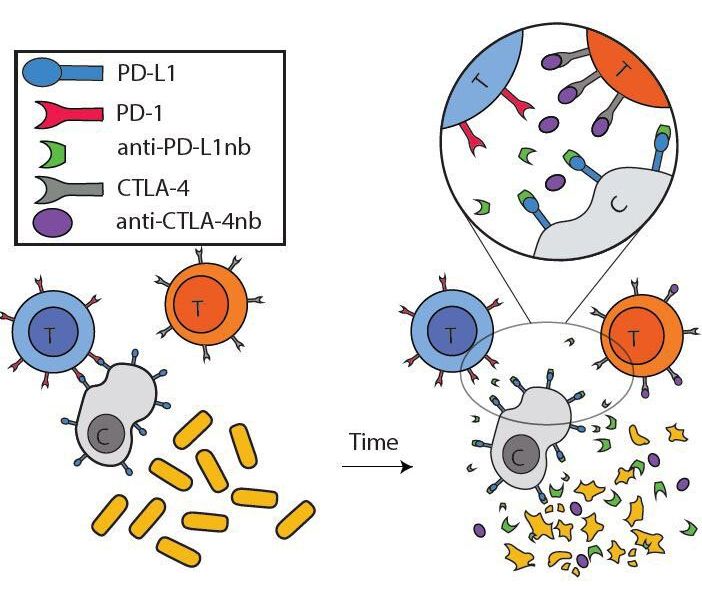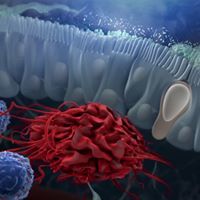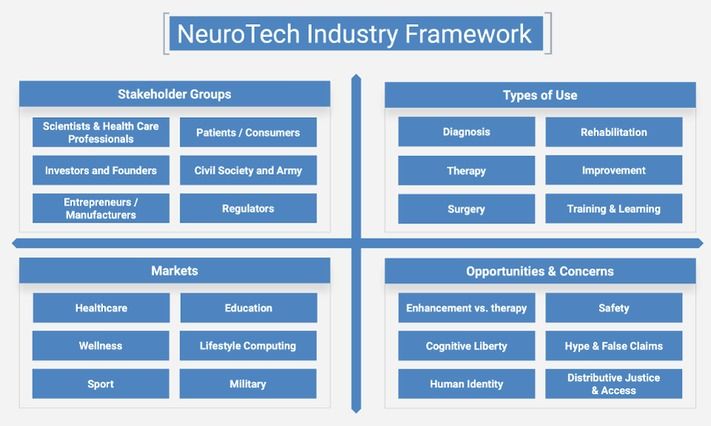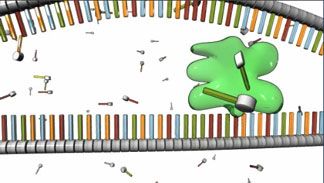
Researchers at Columbia Engineering have engineered probiotics to safely deliver immunotherapies within tumors. These include nanobodies against two proven therapeutic targets—PD-L1 and CTLA-4. The drugs are continuously released by bacteria and continue to attack the tumor after just one dose, facilitating an immune response that ultimately results in tumor regression. The versatile probiotic platform can also be used to deliver multiple immunotherapies simultaneously, enabling the release of effective therapeutic combinations within the tumor for more difficult-to-treat cancers like colorectal cancer. The study is published today in Science Translational Medicine.
Antibodies that target immune checkpoints, PD-L1 and CTLA-4, have revolutionized cancer immunotherapy treatments, achieving success in a subset of cancers. However, systemic delivery of these antibodies can also cause substantial side effects with high percentages of patients reporting adverse reactions. Furthermore, although combinations of these therapies are more effective than single therapy regimens, they also produce severe toxicities, sometimes leading to drug discontinuation. The team, led by Tal Danino, assistant professor of biomedical engineering, aimed to address these challenges.
“We wanted to engineer a safe probiotic vehicle capable of delivering immune checkpoint therapies locally to minimize side effects,” says Danino, who is also a member of the Herbert Irving Comprehensive Cancer Center and Data Science Institute. “We also wanted to broaden the versatility of the system by producing a range of immunotherapeutic combinations, including cytokines that could further elicit antitumor immunity, but are otherwise difficult to systemically deliver because of toxicity concerns.”

















